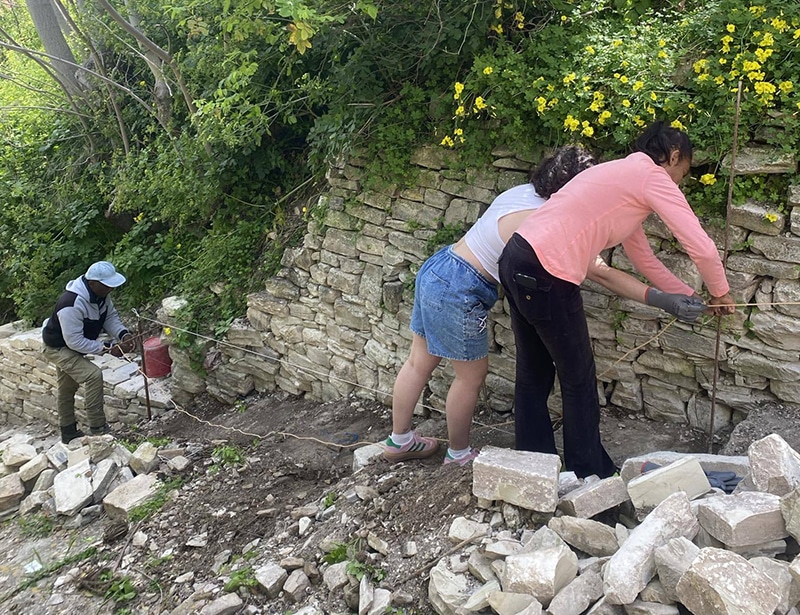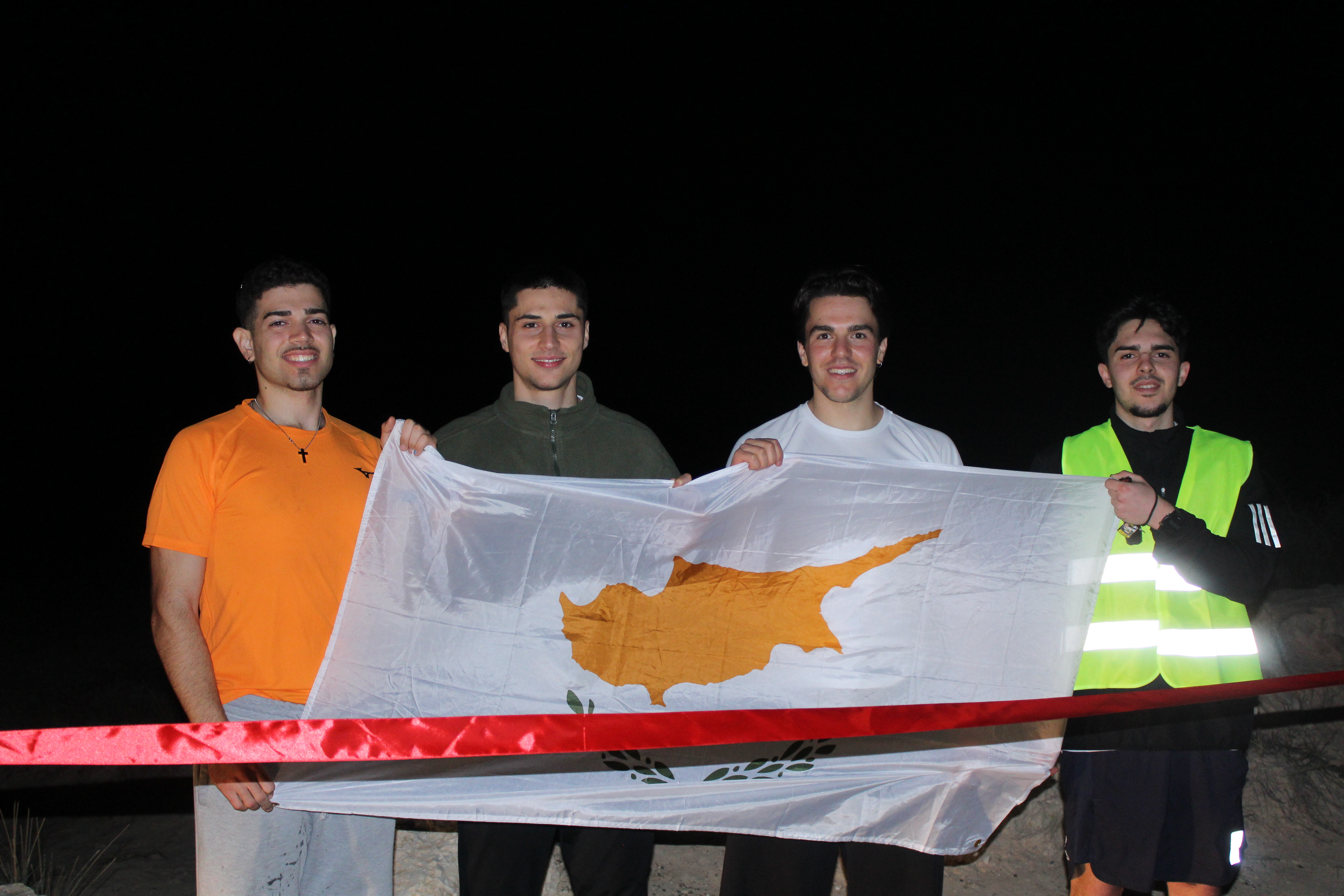Preserving dry stone walls in buildings is an opportunity to promote Cyprus as a model of sustainable development, strengthen the local economy through the creation of new jobs and keep the island’s cultural heritage alive, interior ministry permanent secretary Ellikos Elia said on Tuesday.
Addressing the launch of dry stone building events organised by the environment commissioner, Elia said the technique embodies ingenuity, endurance and harmony with the natural environment.
“In Cyprus, dry stone walls, from the terraces in mountain villages to the fences and traditional stages, are not simply functional structures. They are testimonies to our history, our relationship with the land and the ability of our ancestors to create viable and sustainable solutions with the simplest local materials, protecting the soil from erosion, providing shelter, preserving biodiversity and enhancing the cultural landscape,” Elia said.
He added that the interior ministry had undertaken the preservation and revival of the technique and was working, in collaboration with the Town Planning Department, to simplify the procedures for the licencing and restoration of listed buildings.
Preserving dry stone art, as registered by Unesco, contributed to this effort, Elia said.
The interior ministry is promoting awareness regarding the dry stone technique and is encouraging proper maintenance and restoration, through a series of programmes, actions and events, Elia said.
For the tradition to be preserved, it must become a living part of society, Elia said, adding that training in the construction technique was of vital importance for preserving dry stone walling and passing on the knowledge to future generations.
Elia said “preserving dry stone architecture was not just an obligation to the past, but an investment for the future.”







Click here to change your cookie preferences